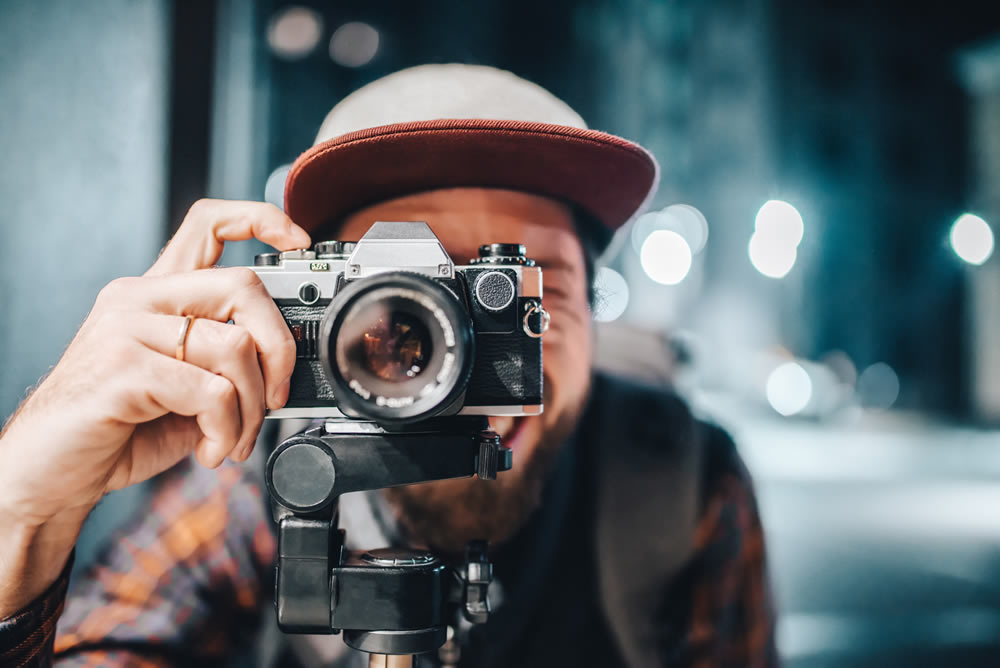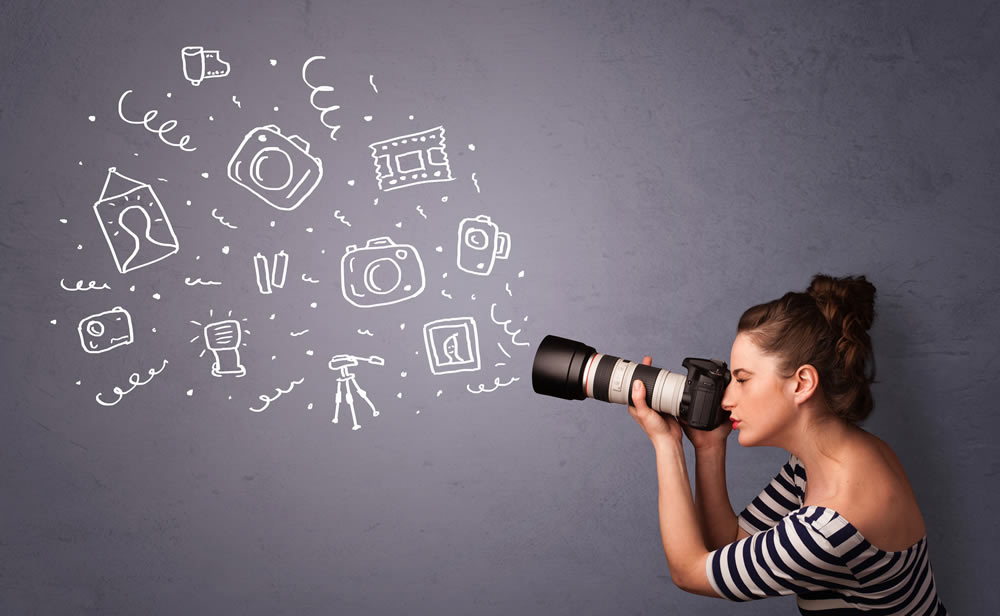You might have heard of the statement, ‘Pics or it didn’t happen.’ Basically, it means that if you didn’t capture a moment through your camera lens, then people won’t be able to verify that something really took place.
In this time and age where every moment wants to be savored, photography holds dear to people.In fact, a recent poll involving 2000 adults found that they have 10 million pictures combined and stored in their smartphones, with more than a third of the respondents claiming they don’t want to forget events and memories.
Event photographyplays a vital role in immortalizing peoples’ experiences in conferences, concerts, or, in this case, artisan events.This article will discuss tips for taking the most effective pictures during such affairs. Continue reading to learn more.

Immersing in the moment
Immersion calls for observing the scene, letting things happen the way they are, and waiting for the perfect timing to take photographs. What’s most important is that the pictures paint stories way above and beyond what the eyes can see.
Every artisan in a convention has a distinct point of view and approach to their craft, so how you capture stills should encapsulate their uniqueness. For instance, Townsville craft events in Australia are congregations of craft retailers and teachers from all over the country where you can find both traditional and modern handmade items. As a photographer, you should be able to capture the artists’ passion for their works and the mentors’ zealousness as they share their knowledge.
Seeking unique details
Capturing artisan events entails taking photos that document the entirety of the gathering. Visual content from the beginning of the event up to the very end is the responsibility of photographers. They try to be one with the people to come up with candid shots that seamlessly portray the moments transpiring.
Being able to feature the artisans and their crafts is the main task when it comes to artisan events photography. Highlighting distinct crafts like handmade jewelry or newly shaped pottery must be featured in accordance with their shape, size, color, and texture. This is essential because visually memorializing the crafts lets the artisans feature their work of art beyond the bounds of the event.
Crafting compelling compositions
There are people who do arts and crafts to make the most of their free time. As per a recent Statista report, 26%of U.S. respondents enjoy such activities as their personal hobby. Capturing these people’s passion and creativity through artisan event photography frames the instances that sparked peoples’ curiosity, moved their hearts, and nurtured connections.
When it comes to photography, composition is vital in conveying visually what you want to communicate. You want to deliver a compelling message that the artisan event is remarkable. So, see to it that you add depth and angle to your shots by paying attention to the aesthetic, symmetry, and frame. Not only that, but make sure your shots are focused and no intruders are in the background.
Photography is a craft, so how the elements are framed is important to come up with an appealing art. Mastering the composition will make the artisan event photos more vibrant.

Solving photography concerns
Back in 2021, there were about74.6 million professional photographers recorded in the world. Imagine how many there are today! But standing out in such a huge sea of equally talented snappers isn’t the only challenge there is.
Adjusting to the light conditions available, navigating large crowds, and minimizing distractions while taking photos are some of the things that need to be figured out as the artisan event goes. Capitalizing on these to your advantage is an underrated skill on your part. While there are many uncontrollable variables, learning to capitalize on them is what a talented photographer does.
Conveying the essence of artisan events
The diversity of art forms at craft events such as painting, crocheting, and making pots is something to be inspired by. As a photographer, your job isn’t just to take pictures of the items individually. What’s more essential is documenting the merging of these beautiful works, as it preserves thesense of culture and community.Doing this makes sure that the event remains significant even years after it has wrapped up.
Conclusion
Capturing artisan events through photography serves as a frozen moment in time that allows artists to commemorate their craftsmanship and creativity. This enables them to document the things that have happened and connect with others beyond space and time. They become proof for artists that what they’re doing holds value as they create new works of art.
